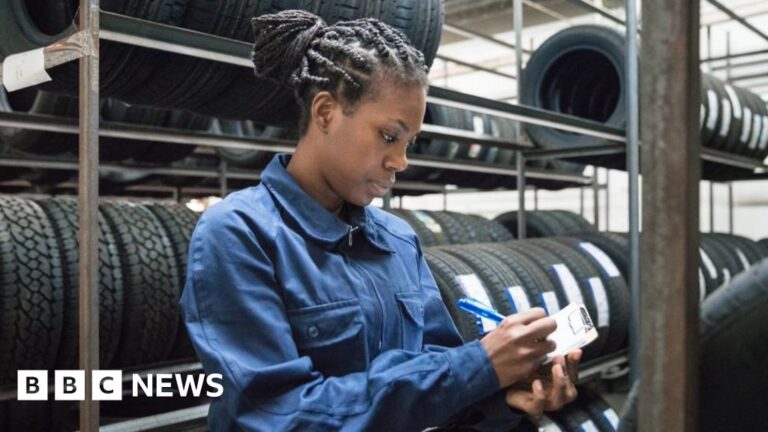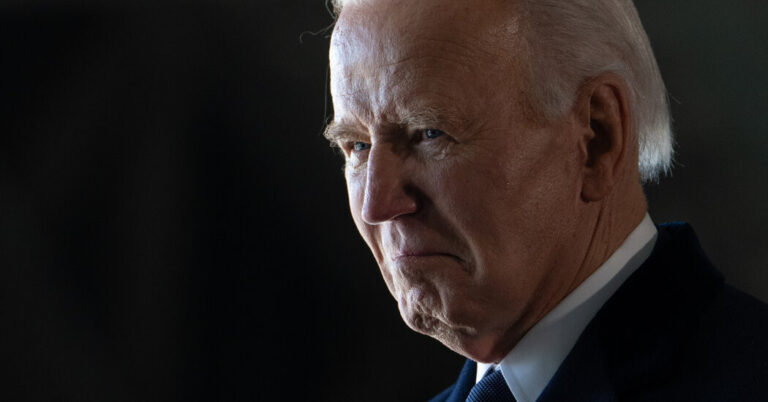Here is the plain text result:
When Sarah and Gordon Brown’s daughter Jennifer died days after her birth in January 2002 there was an outpouring of support from the public.
The former prime minister was chancellor of the exchequer at the time and the couple’s high profile loss struck a chord with people who had experienced similar tragedy.
“For Gordon and I, losing Jennifer was the greatest loss and it’s one that stays with us,” Sarah tells BBC Scotland News. “That doesn’t change.”
The couple wanted to understand what had happened but doctors couldn’t offer an answer.
Among the 13,000 letters of support were many from people with similar stories.
Sarah says she wanted to do more to look into the causes and consequences of premature birth.
“What I realised was that there was more we needed to understand, that I didn’t have answers for what had happened and so many other families didn’t either,” she says.
The couple set up the Jennifer Brown Research Laboratory in 2004, in memory of their daughter, who died just 10 days after she was born, seven weeks premature.
For the past decade, the Theirworld Edinburgh Birth Cohort has been a key part of the research laboratory’s work.
Prof James Boardman, from the University of Edinburgh, is the cohort’s chief investigator.
His team uses a series of brain scans and psychological studies at various ages.
“We have decided to study in great detail the hows and whys of why premature birth affects the developing brain,” he says.
“One of the key findings so far is that poverty has an impact on brain development,” Prof Boardman says.
“The McPhees from Edinburgh say they jumped at the chance to help.
Elliot, now four, made his entrance into the world early at just 25 weeks.
His mum, Robyn, 38, says: “He was extremely early. You imagine the worst – you get handed this piece of paper with the weeks and their survivability and things like that.
“I was in hospital for five nights before he came along. And he was in there for four months – until a month past his due date, with all sorts of complications.”
Elliot had to return to hospital a number of times due to the impact of a chronic lung disease – but Robyn says he has been doing really well.
“I feel proudness for him… he’s overcome so much in his little life.”
Lili, who is also now aged four, was born 16 weeks early and weighted just 1lb 6oz.
Her mum Delyth Hughes, from Midlothian, said: “We realised Lili was doing well because of all the other families who had taken part in studies.
“Taking part is the best decision we’ve ever made.”
Sarah Brown believes the research is just the beginning of a journey that has the potential to change the prospects of many children.
“I would love to think that other families can avoid that loss, or if they have a baby that’s born prematurely and more vulnerable, or coming out of circumstances that are much more precarious, that there’ll be a better way to track that future and to open it up and to be able to be much more predictive about what we can do.”
Source link




